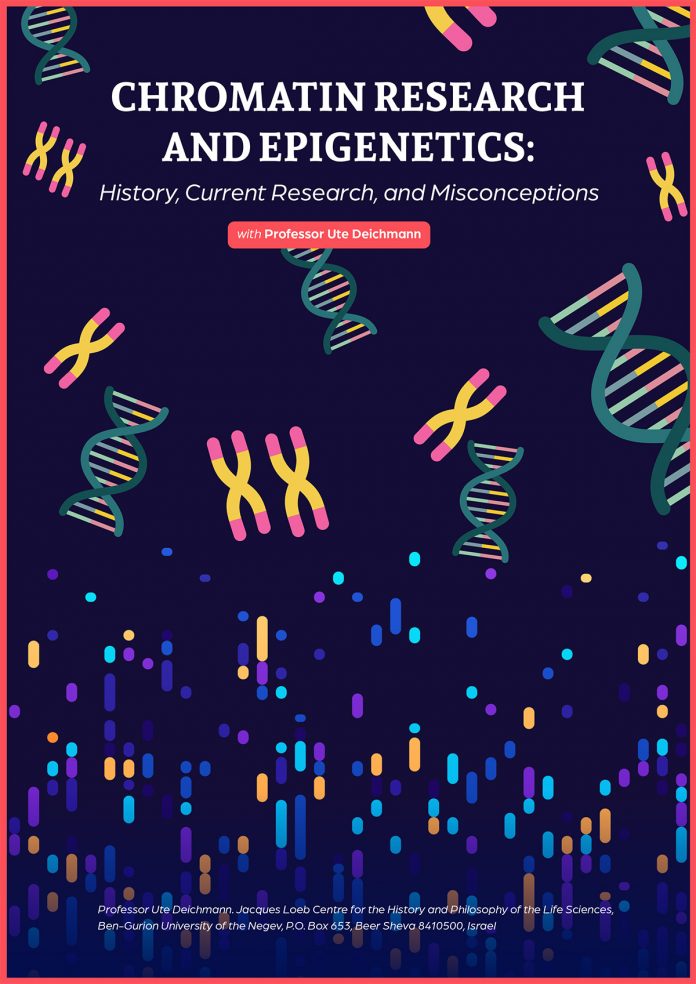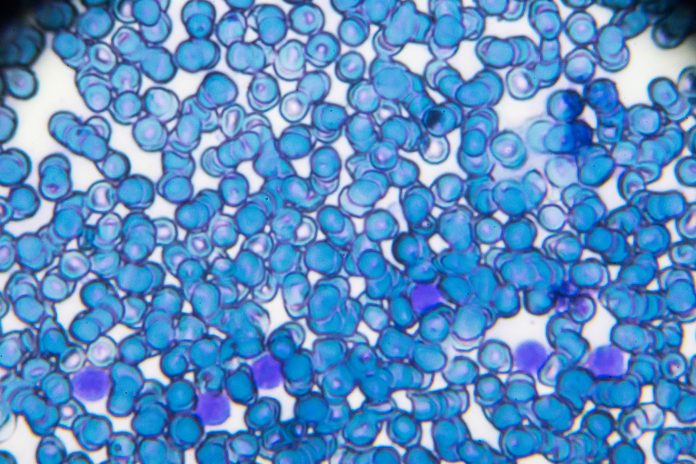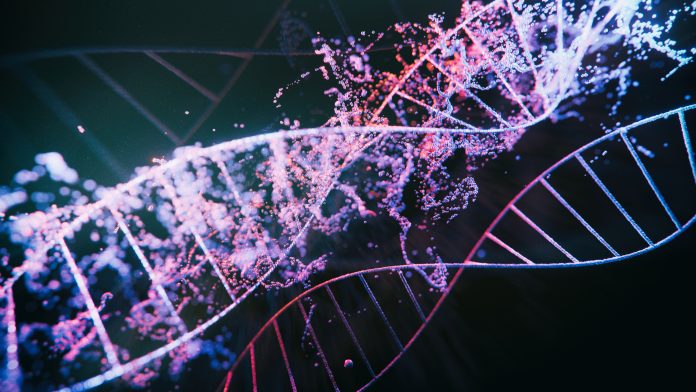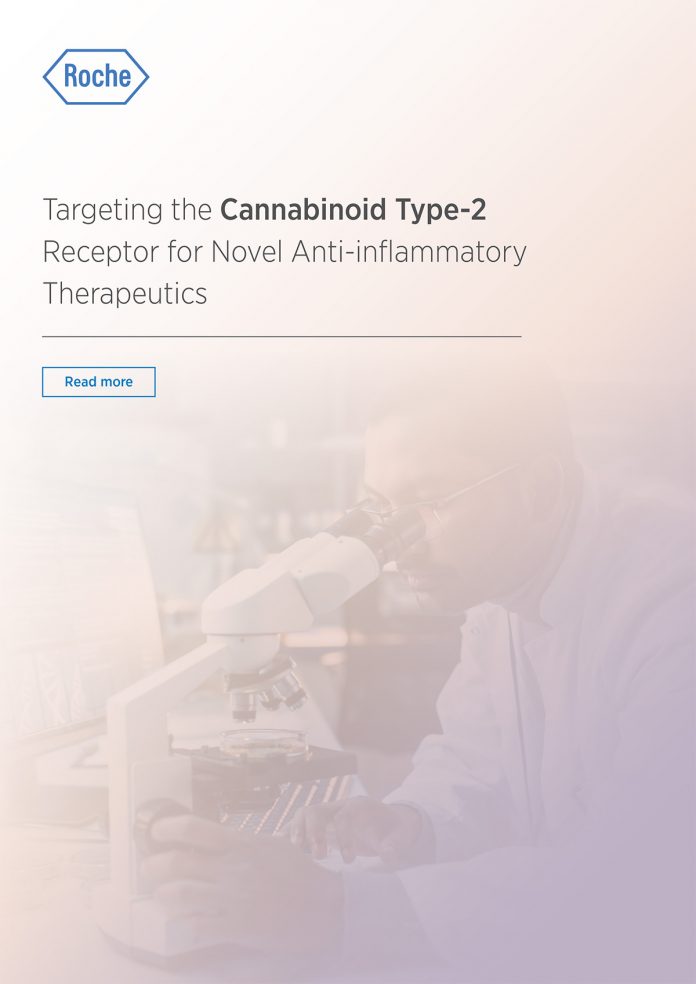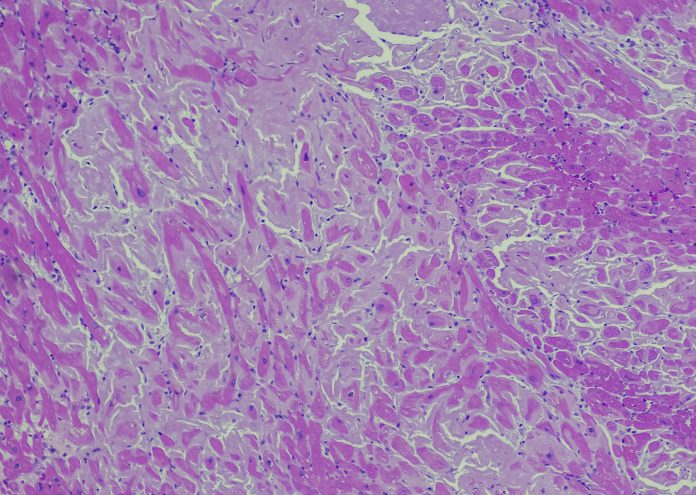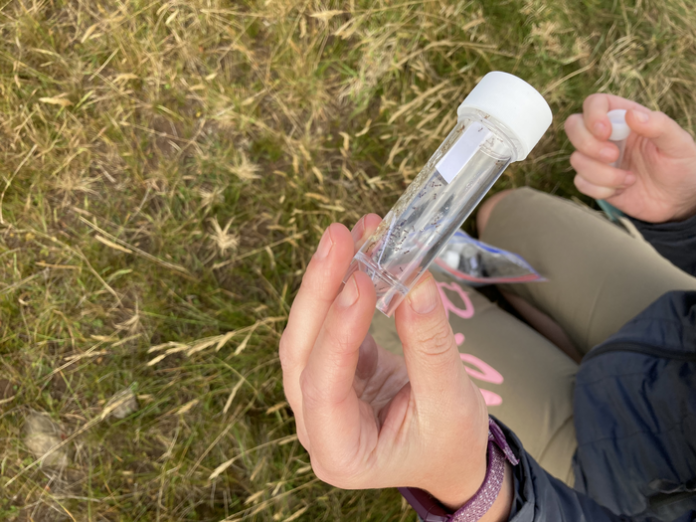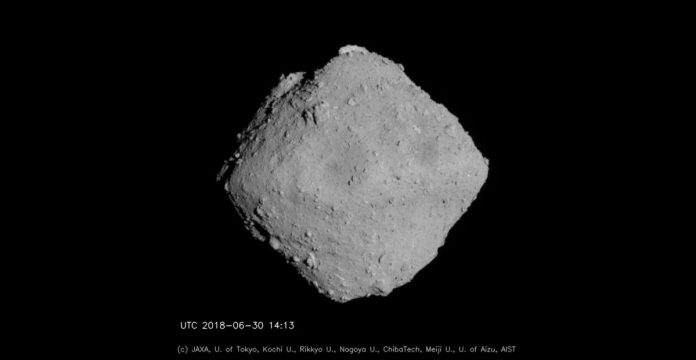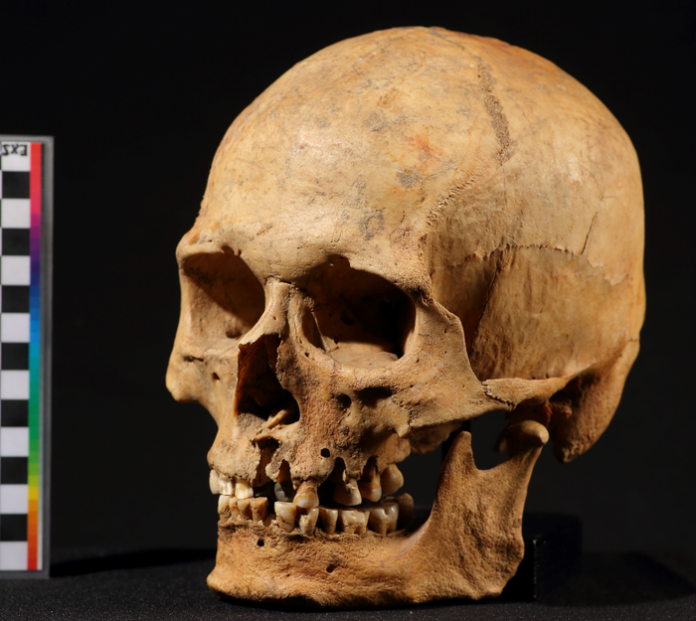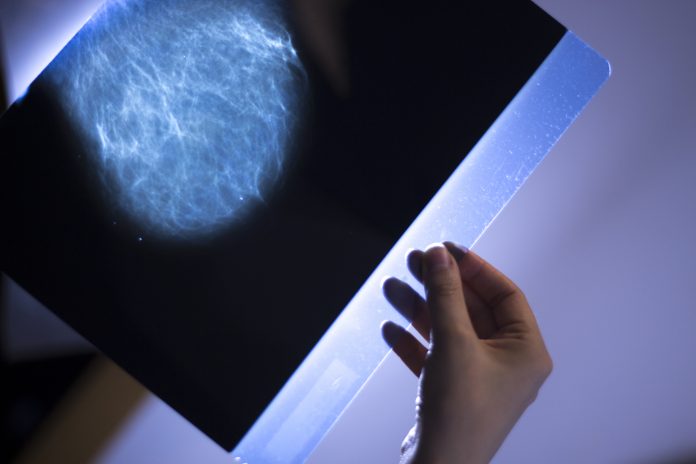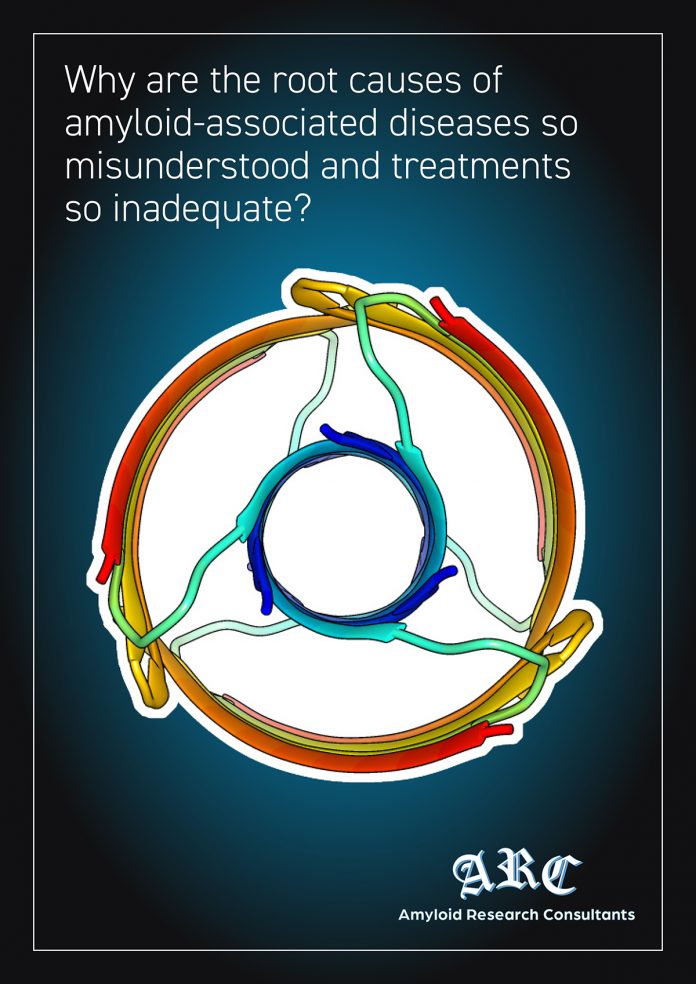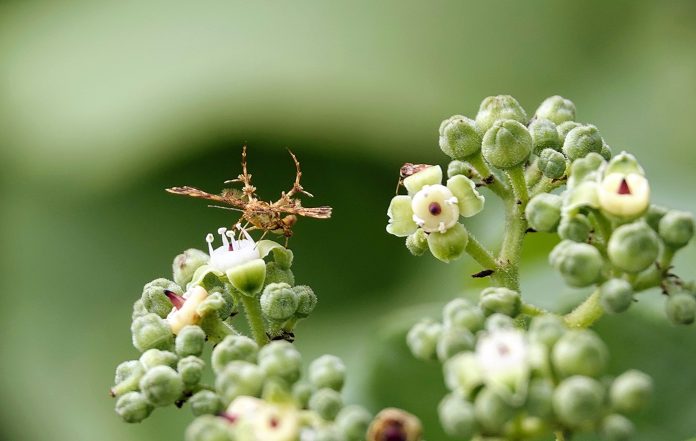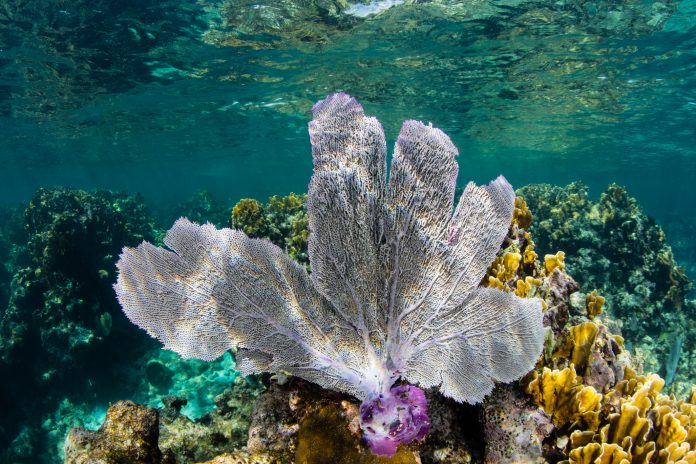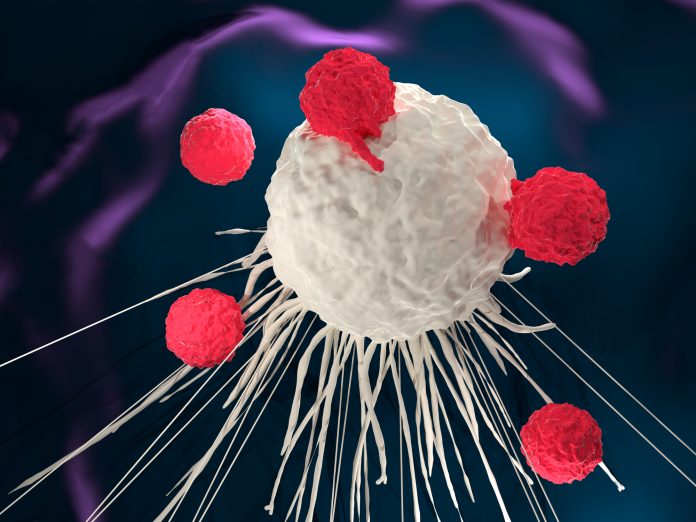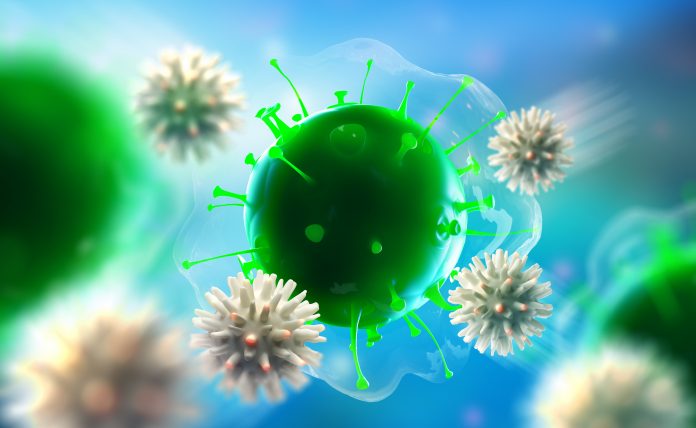Biology Related Content
Chromatin Research and Epigenetics: History, research, and misconceptions
Professor Ute Deichmann, Jacques Loeb Centre for the History and Philosophy of the Life Sciences, Ben-Gurion University of the Negev, discusses the history, current research and misconceptions about chromatin research and epigenetics.
Universal receptor system allows customizable immunotherapies for cancer
A universal receptor system that enables T cells to recognize any cell surface target has been created by University of Pittsburgh researchers, which could revolutionise customizable immunotherapies for treating cancer and other diseases.
Is cultured meat grown from animal cells realistic enough in taste?
Researchers growing fat tissue from cells to make cultured meat have successfully developed a similar texture to natural meat grown in animals.
Genomics research to benefit human health
Open Access Government discerns some of NHGRI’s work, part of the NIH in the U.S., concerning genomics research to benefit human health.
Targeting the Cannabinoid Type-2 Receptor for Novel Anto-inflammatory Therapeutics
Type-2 cannabinoid receptor (CB2R) is a G-protein-coupled receptor (GPCR) and an essential element of the endocannabinoid system (ECS) [1].
Could artificial cells make our future more energy efficient?
Researchers believe energy-generating synthetic organelles could sustain artificial cells and improve energy efficiency.
Biofuels as petroleum alternatives: Closing the carbon cycle with bacteria
Finding a way to close the carbon cycle is crucial in our steps towards a greener planet; researchers believe that filtering out petroleum and utilizing other options like biofuels we can help reduce our CO2 emissions.
Understanding amyloid beta and Alzheimer’s disease: the key to helping AD patients
Efforts to prevent or treat Alzheimer’s Disease (AD) by targeting Amyloid beta (Aβ) assemblies should be continued, but the strategies should be altered dramatically.
Understanding Amyloidosis, a group of rare diseases
In this interview, Abbas Kanani, MRPharmS, Superintendent Pharmacist at Chemist Click, tells us about amyloidosis, a group of rare diseases in which abnormal proteins deposit as amyloid in tissues and organs.
Documenting plant organ development with open source software
INRAE researchers have devised a new way to document leaf and plant organ development using open source software.
Which invasive species could threaten the UK’s Overseas Territories?
Researchers predict which invasive species could pose a future threat to the UK’s Overseas Territories in order to conserve these rare environments.
The Ryugu asteroid holds a key to understanding solar system formation
Samples from the 162173 Ryugu asteroid collected by Japan’s Hayabusa2 spacecraft could help us understand the chemical composition of the solar system.
Ancient Siberian genomes reveal previously unknown hunter-gatherer population
Researchers uncover ancient Siberian genomes which reveal a previously undescribed group of early hunter-gatherer population in Neolithic Altai-Sayan region.
Exploring the human epidermal growth factor receptor 2 (HER2)
Gail Dianne Lewis, the Senior Principal Scientist at Discovery Oncology Genentech, Inc. analyses the human epidermal growth factor receptor 2.
Why are the root causes of amyloid-associated diseases so misunderstood and treatments so inadequate?
The annual worldwide cost of treating amyloid-associated diseases is about a trillion dollars and increasing steadily. But the human toll is worse
Amyloids are killing us, both literally and financially. Consider just these three: Amyloid β (Aβ) in Alzheimer’s Disease, α-Synuclein (α-Syn) in Parkinson’s Disease, and Amylin (aka IAPP) in...
Colour-changing flower found in Japan
A plant common to Japan, Causonis japonica, is the first to show a newly discovered trait: a colour-changing flower.
Vulnerable corals can be “rescued” by corals with resistant genotypes
A study finds that disease-resistant corals can help to save vulnerable corals – as genetic diversity improves a coral’s chance of survival.
Why do some cancer patients not respond to immunotherapy?
Only half of patients with colorectal and endometrial cancer respond to immunotherapy, which is designed to recognise and attack cancer cells
The Immune system in Human Biology
Experts from Oxford Immune Algorithmics highlight how the Immune system has come under the spotlight in Human Biology, particularly as a consequence of the COVID-19 pandemic.
Certain monocultures of forests cope better with drought
Monocultures of the Scots pine and Sitka spruce tree species display different resilience to spring drought.



